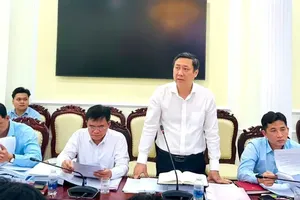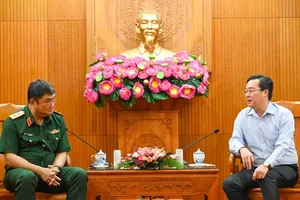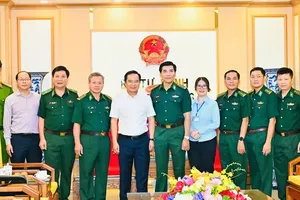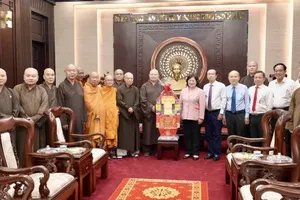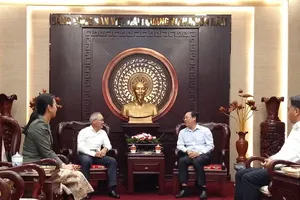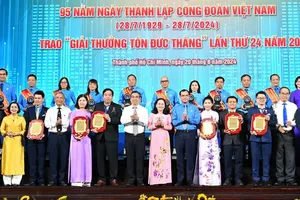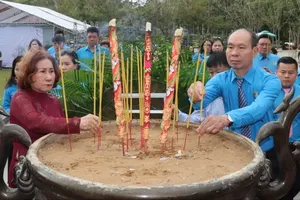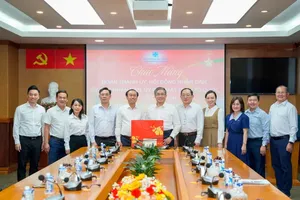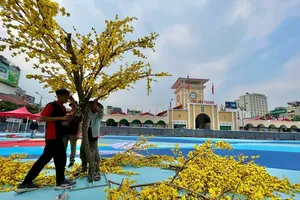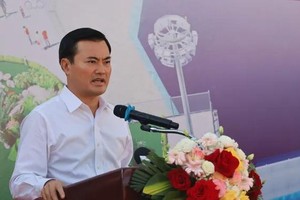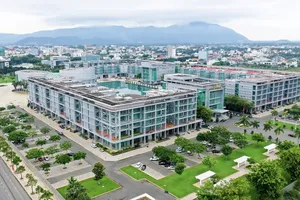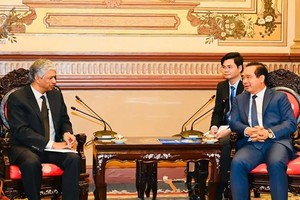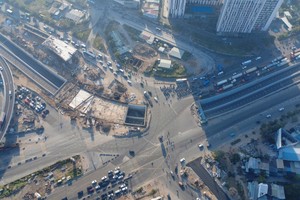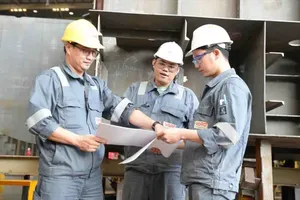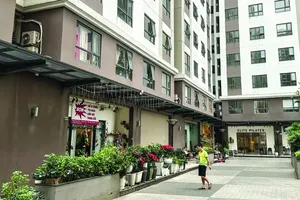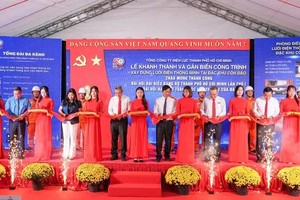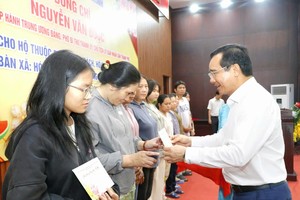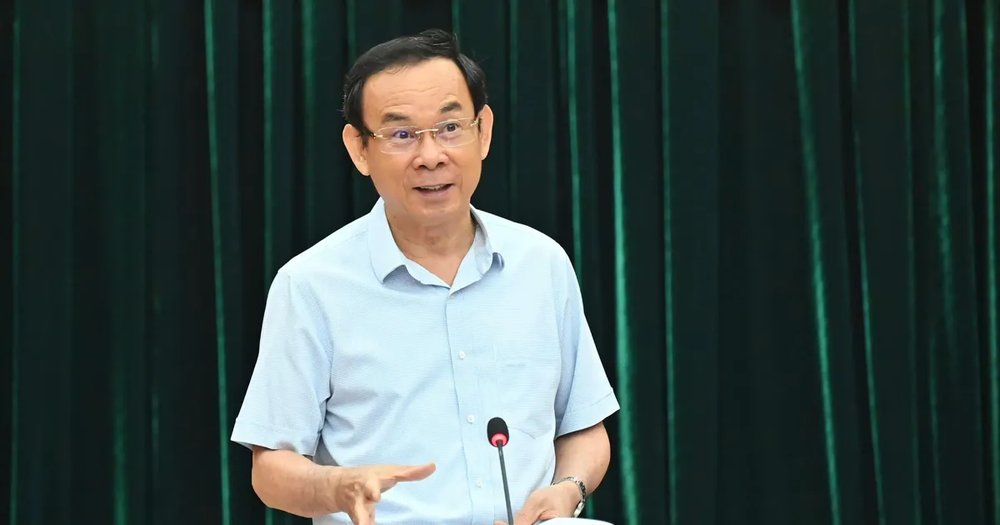
In his concluding remarks at the meeting of the Steering Committee for the HCMC Urban Railway Development, HCMC Party Secretary Nguyen Van Nen emphasized the critical role of urban rail as a high-capacity, high-speed, cost-efficient, and safe mode of transport—serving as the backbone of public transit and a vital driver of the city’s socio-economic growth.
Addressing key priorities for the coming time, Mr. Nguyen Van Nen directed city authorities to urgently reassess and update the city’s transport master plan in light of current conditions to ensure timely revisions and alignment with development goals.
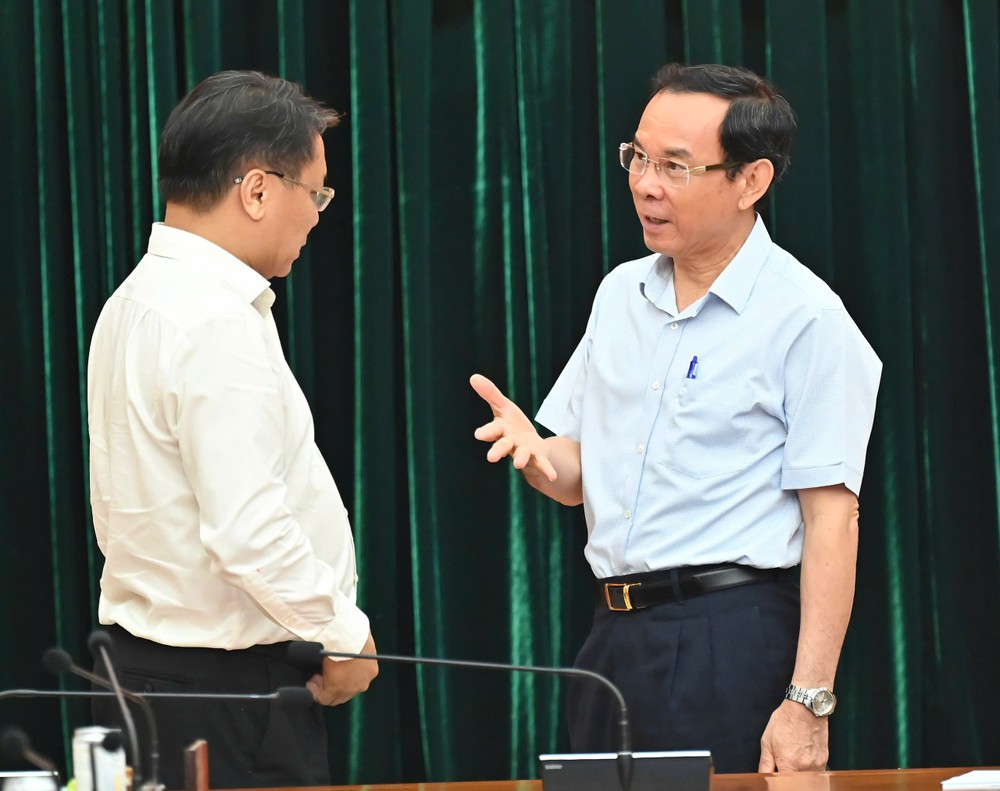
He underscored the importance of expediting institutional, regulatory, and policy reforms, particularly those underpinning the expansion of the city’s urban railway network. To accomplish this, the city must proactively engage in research and collaborate closely with central government ministries, agencies, and the National Assembly to translate high-level directives into tailored mechanisms and guidelines—especially as outlined in national project frameworks.
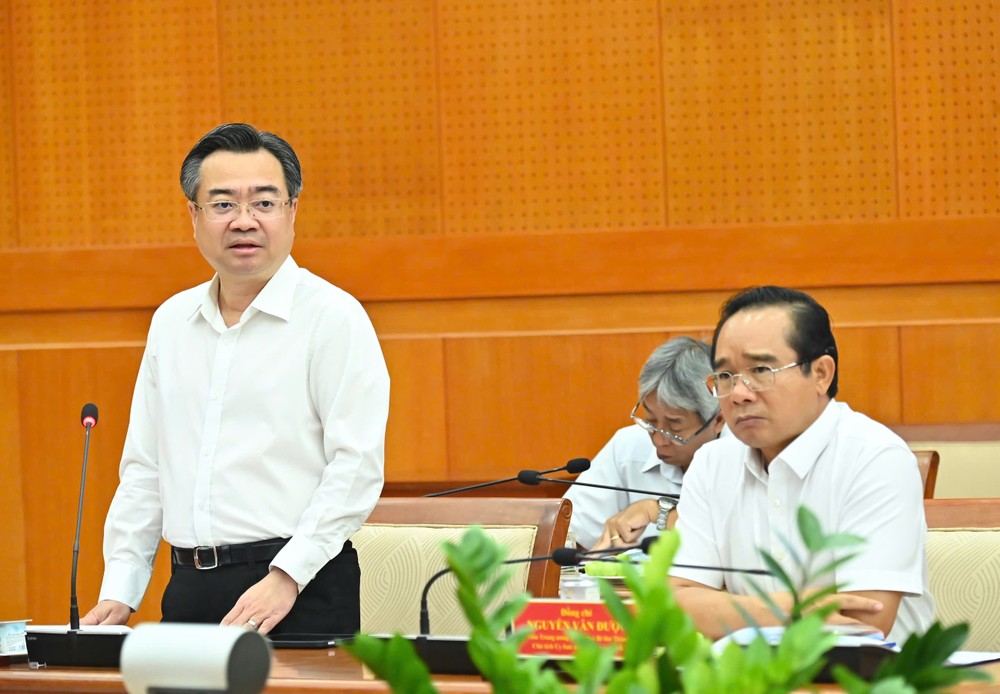
Within its own jurisdiction, HCMC's departments and sectors are expected to coordinate closely to submit proposals to the HCMC People’s Council for the adoption of local policies within their authority. In terms of funding, Secretary Nguyen Van Nen emphasized the need for the city to swiftly craft a comprehensive capital mobilization strategy. This strategy must diversify funding sources to ensure financial autonomy and enable projects to stay on schedule.
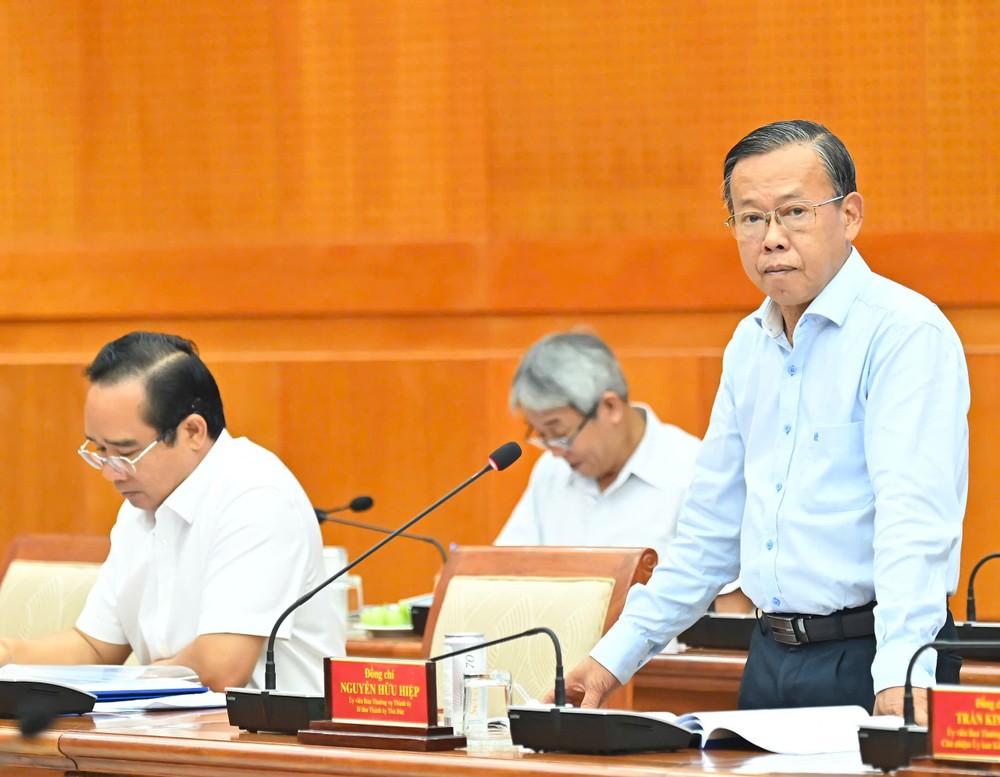
HCMC will also actively consult with the HCMC People’s Council to pass supplementary resolutions that adjust public investment plans for the 2026–2030 and 2031–2035 periods. These changes must be aligned with the investment pipeline and implementation roadmap set forth in Resolution 188 of the National Assembly.
A critical aspect of the agenda is establishing an efficient and context-specific operations and governance model for the city’s urban rail system. Secretary Nguyen Van Nen instructed relevant departments to promptly study and propose a model that reflects HCMC’s particular needs and national circumstances. He further stressed the necessity of a well-defined operational structure for the Steering Committee—complete with clear task delegation and lines of accountability—particularly in the context of urban governance shifts, such as the absence of district-level administrative units in the future.
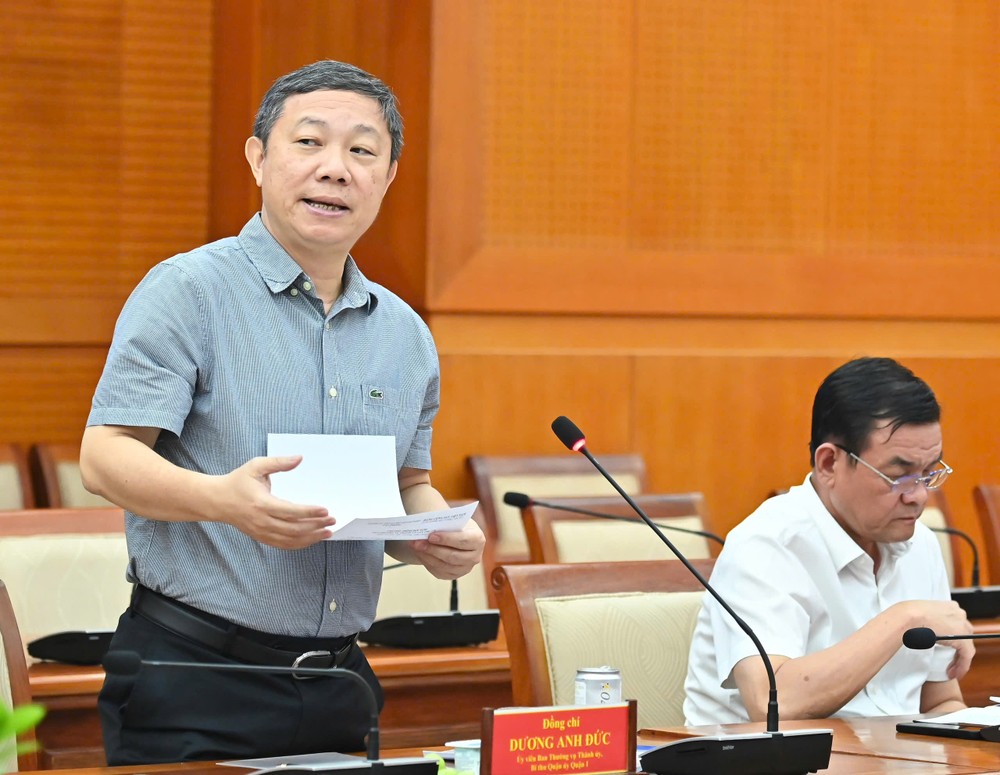
To enhance project execution, the city is also expected to quickly assemble a network of domestic and international advisory groups, drawing on the experience of countries with advanced urban rail systems.
Regarding land acquisition—one of the most persistent bottlenecks—Secretary Nguyen Van Nen highlighted the need to prioritize fair, transparent compensation and resettlement procedures that place the well-being of affected residents at the center. He affirmed that urban rail development must not only include compensation but also ensure rational resettlement plans, underpinned by policies that protect and promote the interests of displaced communities.
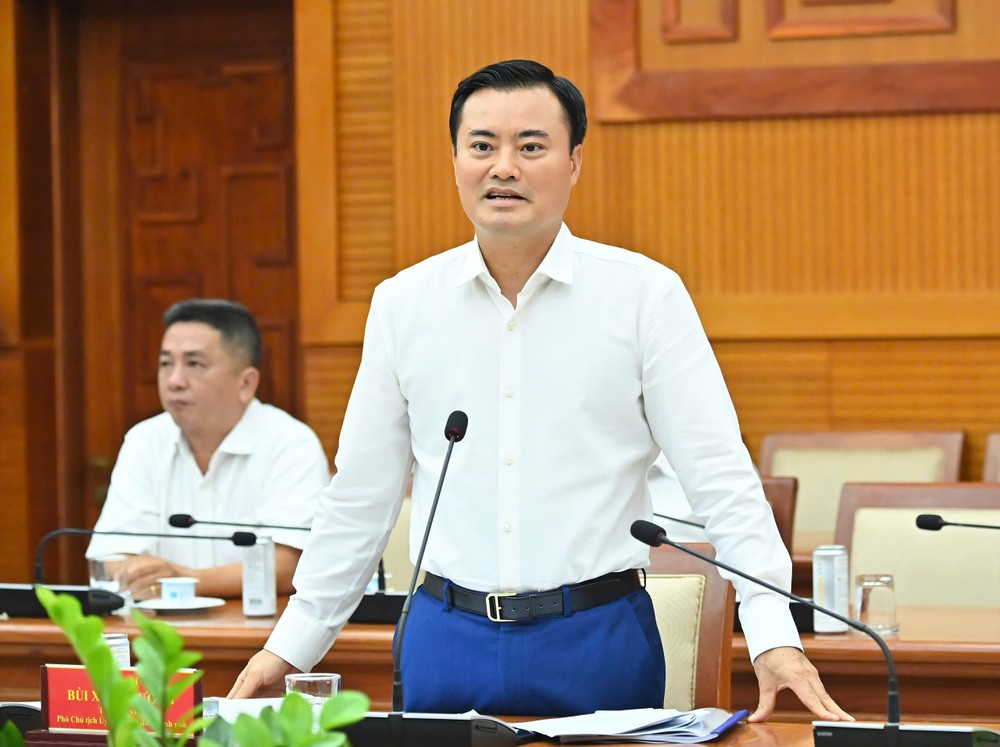
To avoid delays, procedural steps must be streamlined and simplified, particularly those related to land clearance, which must be handled swiftly, effectively, and with transparency to gain public consensus. On financing policy, he called for the optimization of various capital sources and rational allocation strategies to reduce pressure on the State budget.
Human resources must also be carefully planned, paired with the adoption of modern technology for effective project oversight. Mechanisms must be in place for accountability, with systematic reporting, information transparency, and strict enforcement against violations.
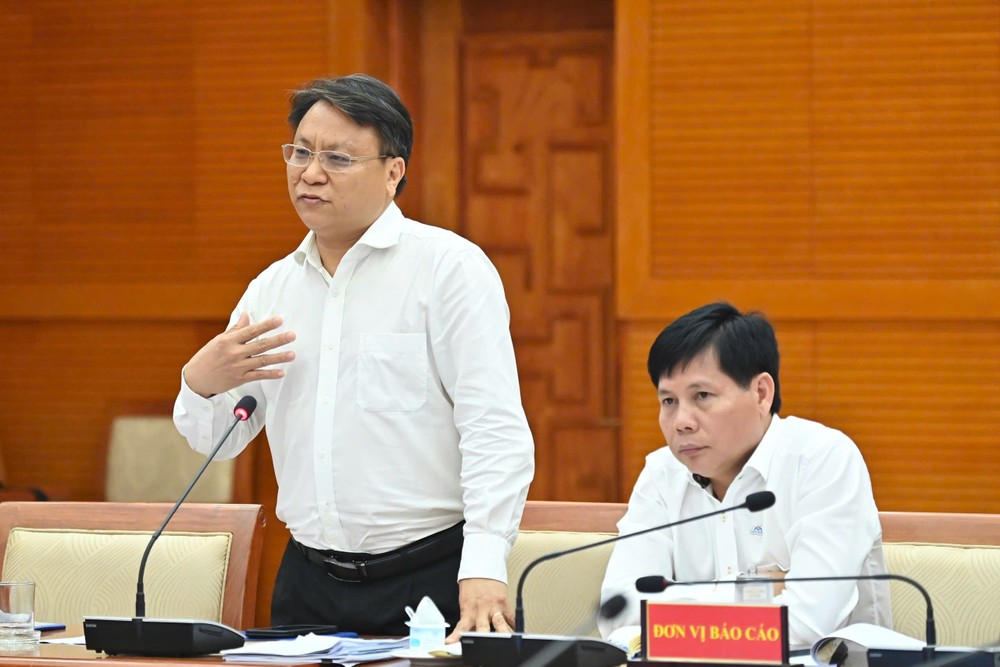
Reinforcing these directives, Permanent Deputy Secretary of the HCMC Party Committee Nguyen Thanh Nghi stressed that the development of the city’s urban rail network is of exceptional strategic significance. Given the complexity and scale of the task, he called for the Steering Committee’s operating regulations to be finalized swiftly, and for its working groups, advisory bodies, and affiliated units to be strengthened to ensure effective task execution.
He also drew attention to critical components of implementation—including specific urban rail lines, operational and management models, financial strategies, funding mobilization mechanisms, and the formation of both domestic and international expert groups.
